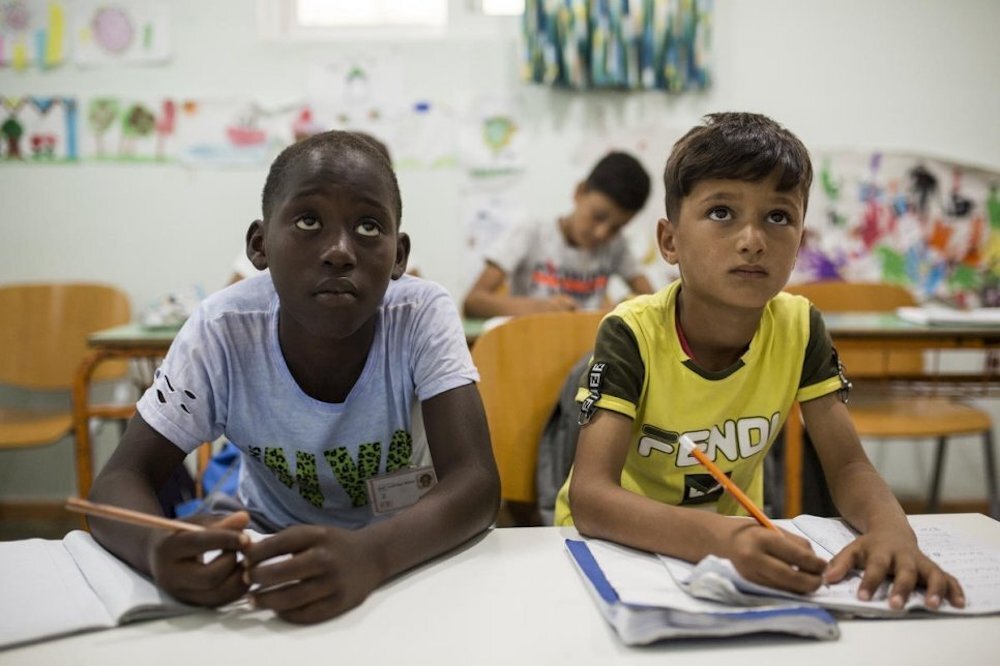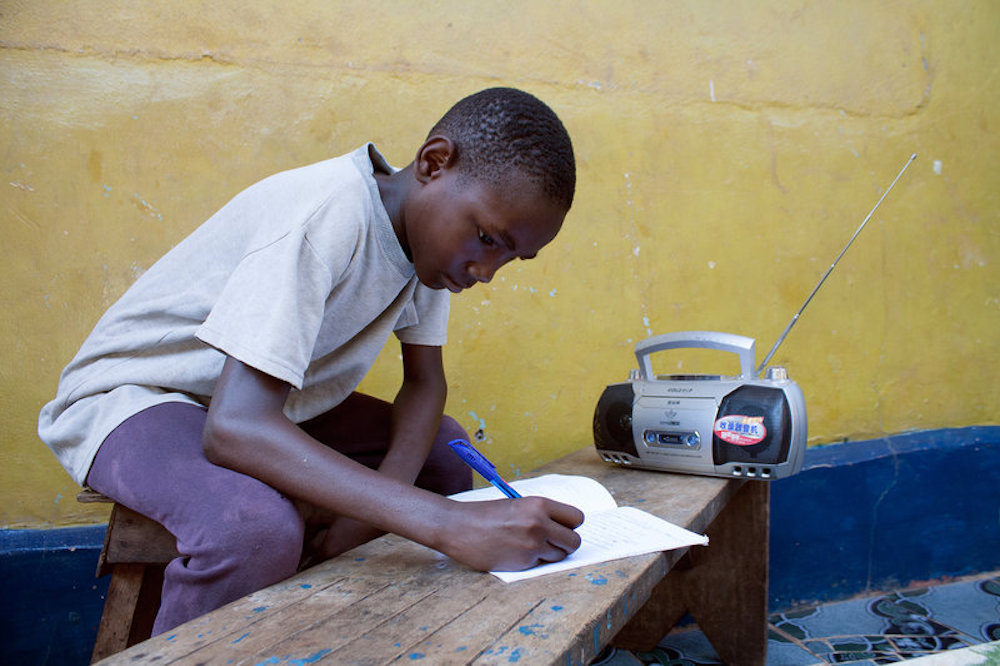
Emergency school meals for one million children in drought-hit Ethiopia
Health and nutrition
The programme will help to keep children in school in Ethiopia, where about 1.2 million students have dropped out of education - many to help fetch water over long distances or look after other children.
An emergency school feeding programme has been launched to allow children to continue their education despite the ongoing drought crisis in Ethiopia.
More than 1.12 million students will get school meals in the worst-hit areas. A similar programme last year allowed more than 2.9 million children to stay in school and be less at risk of child marriage and forced migration.
Ethiopia is continuing to struggle with the effects of the worst drought in decades – caused by a combination of successive seasons of poor or no rainfall and the strongest El Nino weather cycle on record in 2015.
A year ago, six million children were among 10 million Ethiopians in urgent need of food assistance because of the drought. More than 80% of the population relies on agriculture for their food and income.
About 1.2 million students had dropped out of school by February 2016 – many to help fetch water over long distances or look after other children while their parents spent hours getting water. Schools shut down in many areas.
The United Nations’ Emergency Relief Co-ordinator, Stephen O’Brien, is just back from a trip to Ethiopia to see the scale of the drought’s impact.
“We have no time to lose,” he said. “Livestock are already dying and pastoralists and farmers are already fleeing their homes in search of water and pasture.
“Children – more often girls – are dropping out of school to support with household chores, and hunger and malnutrition levels will rise soon if assistance does not arrive on time, particularly among women who are more likely to suffer from health problems and malnutrition during droughts,.”
The school feeding programme was announced by Ethiopia’s education ministry. It will benefit students in the Somali, Oromia and SNNPR regions.
Almost 500,000 children in Ethiopia, Somalia and Kenya are suffering from acute malnutrition and 6.5 million could be at risk of starvation, according to Save The Children.
The charity’s Ethiopia director John Graham said: “The situation for already desperate children and families in Somalia, Ethiopia and Kenya will only get worse – leaving millions at risk of hunger and even death.”
More news

